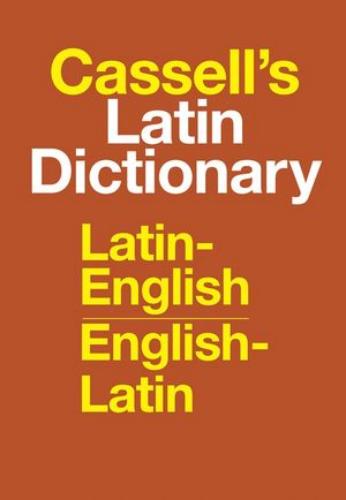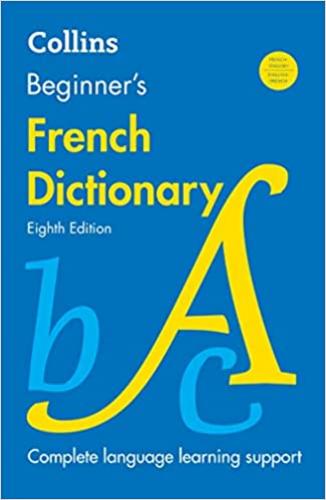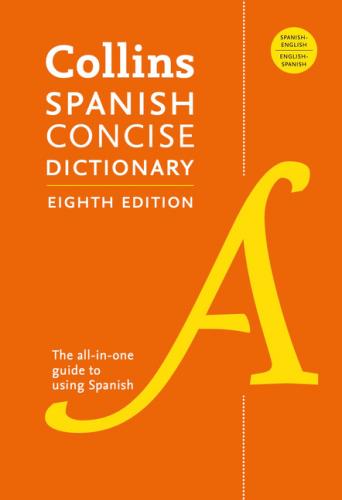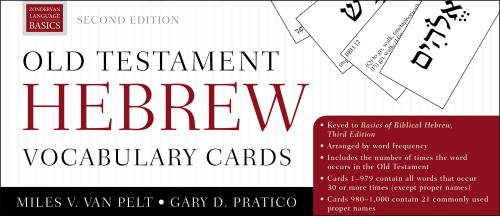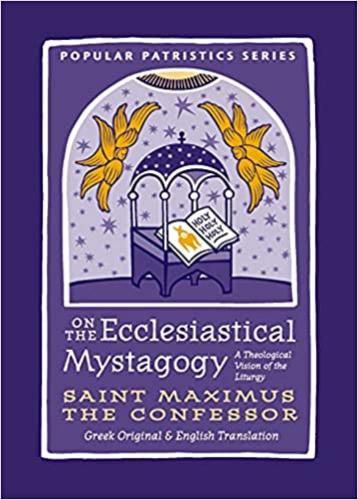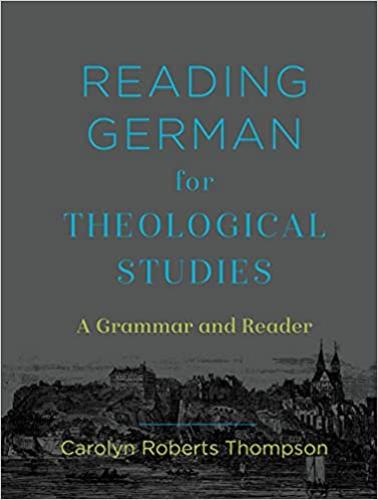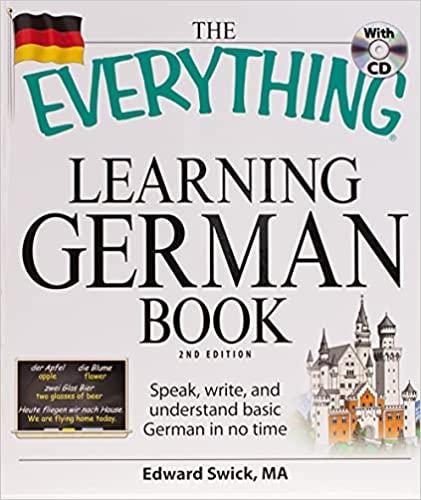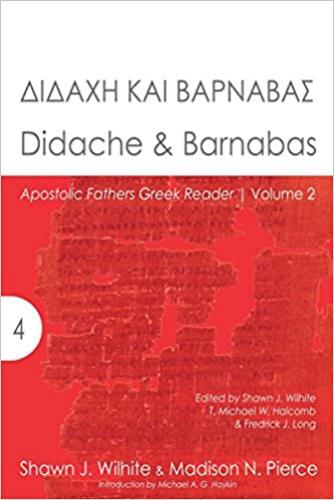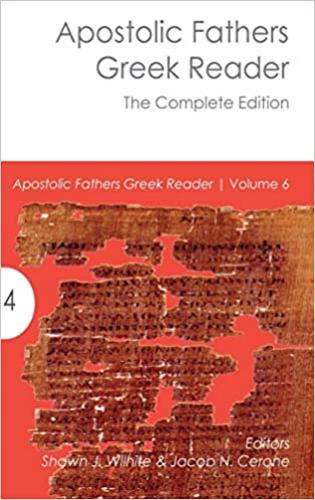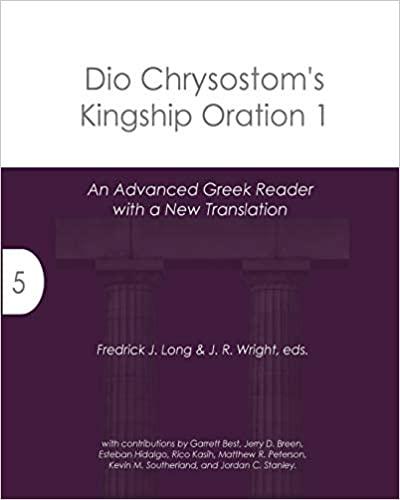Since its first appearance in 1854, this dictionary has remained constant in its appeal to scholars through its many revisions. This Latin dictionary is among the best of its kind, reliable, compact and adequate for the needs of all save the specialist. Simpson has produced a book typographically easy to consult, combining elegance with utility. This edition incorporates English idioms and Latin spelling, includes general classical information where appropriate, shows long and short vowels where not immediately apparent, indicates irregular plural forms, cites and quotes ancient classical authors, and suggests paraphrases to express modern English in classical Latin form.
883 pages
The essential dictionary for the beginning language student, now in its 8th edition.
The Collins Beginner’s French Dictionary, 8th editions, is an innovative dictionary designed specifically for anyone starting to learn French. The dictionary is designed to be easy to read, easy to use, and easy to understand. The comprehensive entries highlight key translations, all essential set expressions and have clear, helpful examples to show how to best use the translation.
677 pages
BESTSELLING BILINGUAL DICTIONARIES
An updated eighth edition of the Collins Spanish Concise Dictionary with comprehensive coverage of today’s language with more than 190,000 entries and translations.
This new edition offers:
Comprehensive and up-to-date coverage of all the words and phrases you need
A clear easy-to-read layout and in-depth treatment of difficult words
A Spanish grammar guide, ideal for intermediate learners
1152 pages
Old Testament Hebrew Vocabulary Cards, Second Edition by Gary D. Pratico and Miles V. Van Pelt is intended to accompany Basics of Biblical Hebrew Grammar and Workbook. These flashcards are an essential companion for the beginning student as they work on vocabulary memorization.
Features include:
Arranged by frequency
Include the number of times the word occurs in the Old Testament
Keyed to Basics of Biblical Hebrew, Third Edition
Cards 1-979 include all words that occur 30 or more times (except proper names)
Cards 980-1,000 include twenty-one commonly used proper names
Popular Patristics Series Volume 59 St Maximus the Confessor (c. 580-662) beautifully expounds the meaning of the Divine Liturgy in On the Ecclesiastical Mystagogy, which had a profound influence on the subsequent tradition, beginning with St Germanus of Constantinople (PPS 8). Maximus' vision of the liturgy contemplates the interpenetrating relationships of all things with each other and with Christ, In whom all things cohere. The church building and the human being and the cosmos are all mutually related and symbolically reflect each other. Further, In the liturgy we enter into the mystery of Christ. As St Maximus puts it, "Let us not be absent from the holy Church of God because she contains such great mysteries of our salvation according to... and she reveals the gift of adoption that is given through holy baptism in the Holy Spirit and that perfects each one into the image of Christ."
162 pages
Every PhD student in theological and biblical studies is expected to read German, but there are surprisingly few resources to help students learn to read and translate scholarly theological works. This streamlined grammar and reader by an experienced teacher and German-language expert presents biblical passages and theological readings of gradually increasing difficulty. Suited for self-study or classroom use, this book helps students to gain the proficiency needed for scholarly theological research.
304 pages
Order das beste Bier at Oktoberfest! Hitch a ride on der Autobahn! Say "Wilkommen" to your neuen deutschen Freunde!
Learning to sprechen Sie Deutsches is fun--and far easier than you might think. German and English are closely related--you already know viele Phrasen! With this guide, you will make sense of this fascinating language in no time.
This practical, hands-on Buch comes with easy-to-understand lessons, useful exercises, and a CD for pronunciation help. Building on the German language's close relation to English, this all-new edition covers everything from basic introductions to verb conversions. You will learn to:
Ich möchte ein Berliner, bitte. Order food with ease.
Wie viel kostet der Käse? Ask how much items cost.
Der Vater kaufte seinem Sohn ein Fahrrad. Understand direct and indirect objects.
viel / mehr / am meisten. Use superlatives to communicate more effectively.
Der Ball wird von dem Mann geschlagen. Know when to use passive voice.
Whether you want to sample das stoutest Lager or converse with your grandparents in their native tongue, you'll soon discover just how easy it is to learn German!
This edition includes completely new material on:
Rules of spelling and punctuation
Appropriate language for correspondence in German, including e-mail
Updated exercises
304 pages
The Apostolic Fathers Greek Readers series assists students of Greek in reading non-biblical Koine Greek. In this volume, readers will engage the Greek texts of Didache (Shawn J. Wilhite) and Barnabas (Madison N. Pierce). Vocabulary words occurring less than 30 times in the Greek New Testament are provided to help students quickly read the text and focus on its syntax. Including also an introduction and a select bibliography, readers will be briefly oriented to the contexts of both works. In addition, readers will learn about piety and theology from these early Christian texts. With brief introductions and annotated Greek words, this edition of the AFGR series is an ideal resource for students of early Christianity.
102 pages
The Apostolic Fathers Greek Readers series assists students of Greek in reading non-biblical Koine Greek. In this volume, readers will engage the Greek text of 1 & 2 Clement. Vocabulary words occurring less than 30 times in the Greek New Testament are provided to help students quickly read the text and focus on its syntax. This work also includes an introduction and a select bibliography that orients readers to the life, setting, and theology of Clement. The bulk of the book focuses on the annotated Greek texts of 1 Clement (Jacob Cerone) and 2 Clement (Jason Andersen). Together, these elements make this Greek reader an ideal resource for students of early Christianity.
146 pages
Dio Chrysostom or “golden mouth” (ca. 40–115 CE) was many things—rhetorician, orator, philosopher, historian, moralist as well as enemy and friend of Roman Emperors. He was a prime representative of the “Second Sophistic” movement. His command of the Greek language was Atticizing; his eighty extant discourses are a treasure trove of Greco-Roman cultural mores, lifestyle, religion, and ideology. Preeminent among these discourses are the first four of the collection—The Kingship Orations—written for the emperor Trajan. Within this Tier 5 Advanced Greek Reader of the AGROS series, the Greek text of Kingship Oration 1 is provided on the left page with glosses for Greek words occurring less than thirteen times in the Greek New Testament provided in footnotes. On the following page is space for composing one’s own translation and at the bottom a new English translation is provided for comparison. This is an ideal resource for self-study or classroom use. Features of this book include: • An Introduction to Dio Chrysostom’s Kingship Orations with a select bibliography; • A succinct discussion of the most salient features of Dio’s Greek; • A summary of the Constituent Marking Method for navigating the Greek text; • The Greek text of the first Kingship Oration with ample spacing and footnoting glosses for Greek words occurring less than thirteen times in the Greek New Testament; • On the opposite page, space for taking notes and making a translation and, at the bottom of the page, a fresh new translation of Kingship Oration 1; • An Appendix of Greek words occurring thirteen times or more in the Greek New Testament. Advanced Greek readers for Kingship Orations 2, 3, and 4 are forthcoming from GlossaHouse.
140 pages


